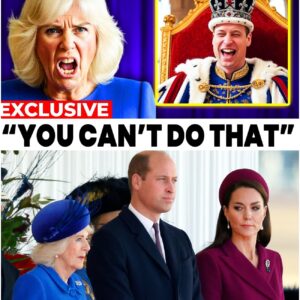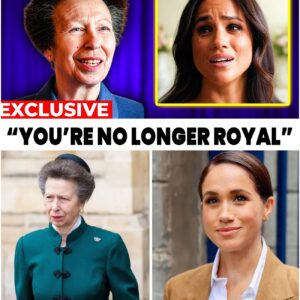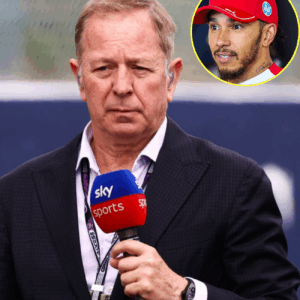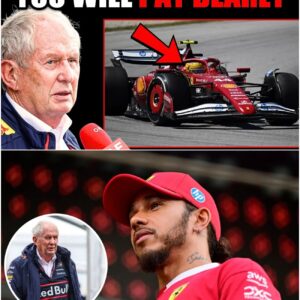The One Record Label That Turned Down The Beatles Not Once, But Twice
Dick Rowe of Decca Records had a particular reason for turning down The Beatles twice before they ultimately singed with EMI.
Highlights
The Beatles initially struggled to find a record label and were rejected twice by Decca Records, who believed guitar groups were on their way out.
Paul McCartney understood and accepted the rejection, recognizing that the band wasn’t ready for the spotlight and their demo wasn’t up to par.
Despite the setback, The Beatles went on to sign a major nine-year deal with EMI Records, although the terms included a significant royalty payment to their manager’s company.
Despite the success of The Beatles, there were some bumps along the way. The band was sued by their former manager Allen Klein for $19 million. In addition, they were contractually obligated to release certain albums which didn’t do particularly well.
In the following, we’re taking it back to the start. It might be hard to believe, but the iconic band struggled to find a record label at the start. Decca Records showed interest in the group, but Dick Rowe made the bold decision to reject the group not once, but twice.
We’re going to reveal why the band was turned down, while also taking a look at what Paul McCartney and the late John Lennon had to say about the rejection. It seems like the two had different points of view. One of them understood why the deal didn’t go through, while the other revealed that the band was already showing flashes of brilliance. Ultimately, The Beatles signed a major deal elsewhere, but their renewal had some fishy terms…
Dick Rowe Of Decca Records Turned Down The Beatles Twice Thinking That Guitar Groups Were A Thing Of The Past
Credit to Dick Rowe’s assistant Mike Smith, who was responsible for finding The Beatles during his tour from London to Liverpool. Smith took to the band, and contacted their manager Brian Epstein. The goal was to have them audition in London, creating a demo in the Decca studio.
At the time, Brian Poole & The Tremeloes was also in the running to get signed by the label. They were only able to choose one of the bands due to budgetary reasons.
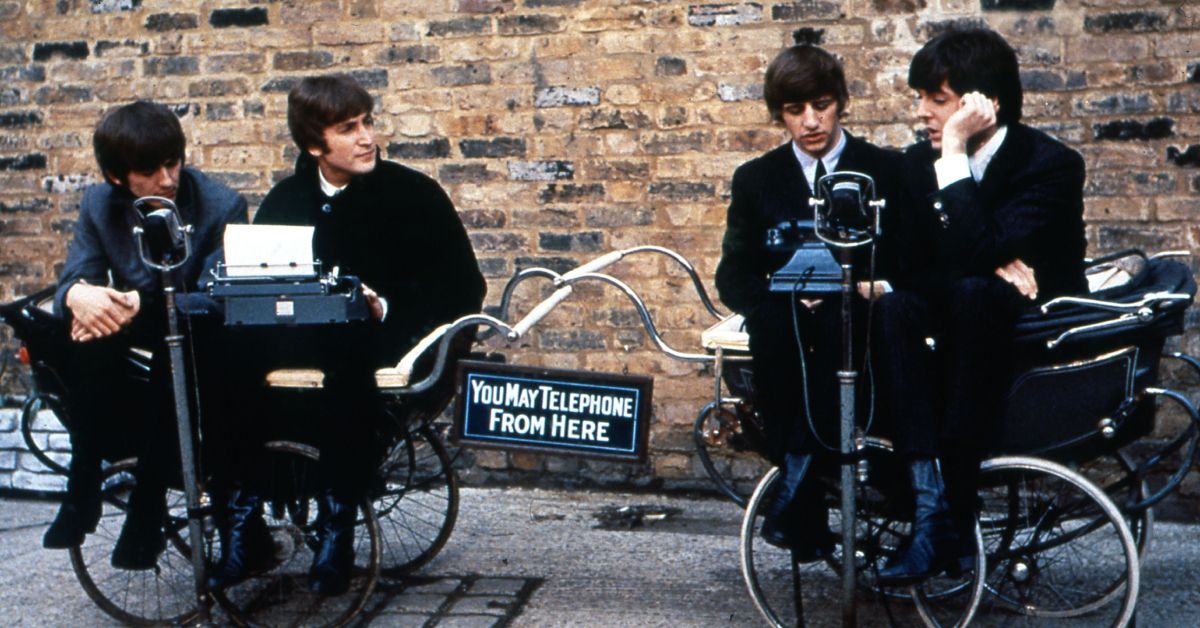
Ultimately, Rowe revealed that the decision was made to hire the local band, not The Beatles. “I told Mike he would have to decide between them. It was up to him—The Beatles or Brian Poole & The Tremeloes,” said Rowe. “We decided it was better to take the local group.”
Among the other reasons the deal did not fall through for The Beatles was given that Rowe felt as though guitar groups were a thing of the past the time.
“Guitar groups are on their way out,” he revealed.
Ultimately, it was a costly decision, but the likes of Paul McCartney fully understood why Rowe decided the way he did. Rowe was given another chance to watch The Beatles perform after the rejection, and for a second time, he still refused to sign the group… Despite the story, Rowe denies the allegations of turning down the group twice.
Paul McCartney Understood Why They Failed The Audition For Decca, While John Lennon Did Not Agree
The agency missed out in a major way, but there weren’t any hard feelings from some of The Beatles’ band members. Paul McCartney in particular felt as though the group wasn’t ready for such a spotlight back then. Looking back at their demo, McCartney revealed that it wasn’t up to par.
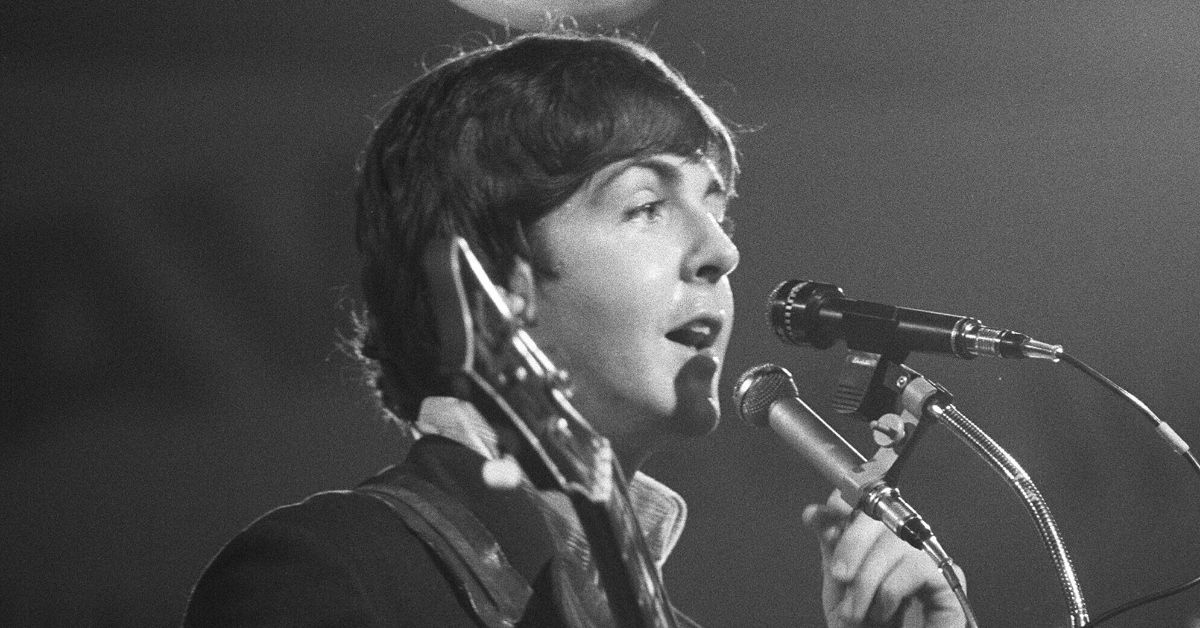
“Listening to the tapes, I can understand why we failed the Decca audition,” said McCartney. “We weren’t that good, though there were some quite original interesting things.”
As for the late John Lennon, he completely disagreed with the outcome. He felt as though the potential was evident, even back then during the early ’60s.
Lennon revealed, “I wouldn’t have turned us down on that. I think it sounded okay,” Lennon offered. “I think Decca expected us to be all polished when we were just doing a demo. They should have seen our potential.”
What turned out to be a major loss for Decca Records, was a major win for the label, EMI. They were able to ink The Beatles to a massive nine-year deal.
The Beatles Ended Up Signing A 9-Year-Deal With EMI Records

The first deal for The Beatles alongside EMI was for five-years. We assume the deal was a discount price given that the group was fresh at the time. However, once it came time to negotiate the new contract, EMI dreaded this day. Ultimately, a huge deal was signed for nine years. The terms were also major according to The Paul McCartney Project.
The publication reveals, “Brian dreaded the imminent expiration of the five-year management contract that The Beatles had signed in the autumn of 1962. In 1966, while renegotiating their recording deals with Capitol and EMI, he had stuck in a clause stipulating that twenty-five per cent of The Beatles’ royalties through to 1976 were to be automatically siphoned off by his own company, NEMS.”
“Unaware of the implications of this fine print, The Beatles, to their subsequent regret, duly affixed their signatures to the dotted line.”
It wasn’t exactly the deal The Beatles’ band members were looking for, especially given the massive royalty payment that was going to the NEMS company. Nonetheless, it didn’t hurt The Beatles’ legacy, at least from a performance standpoint.
